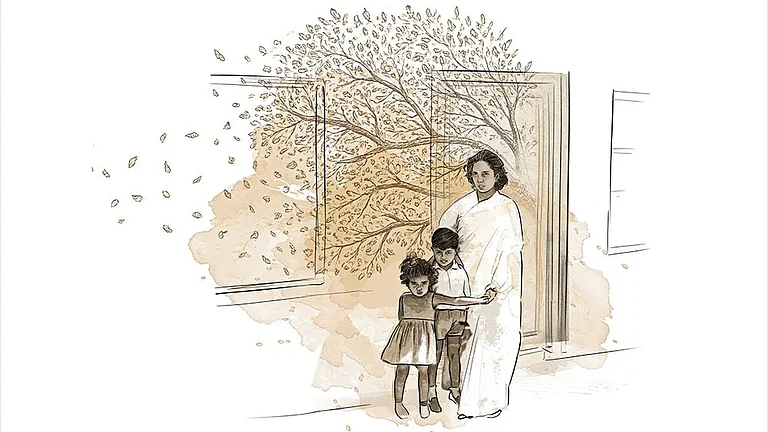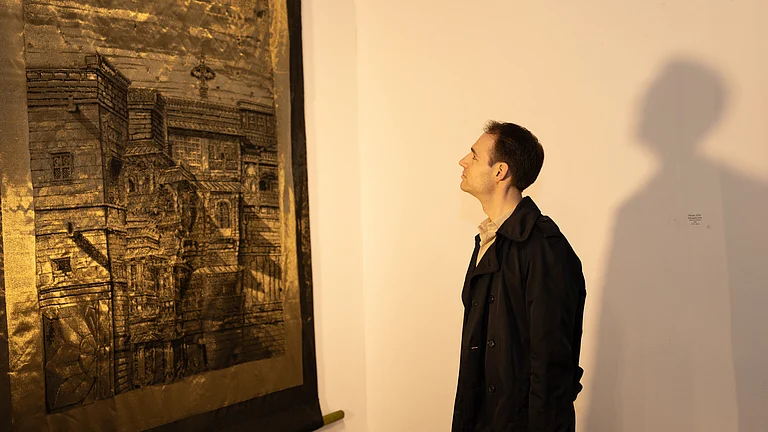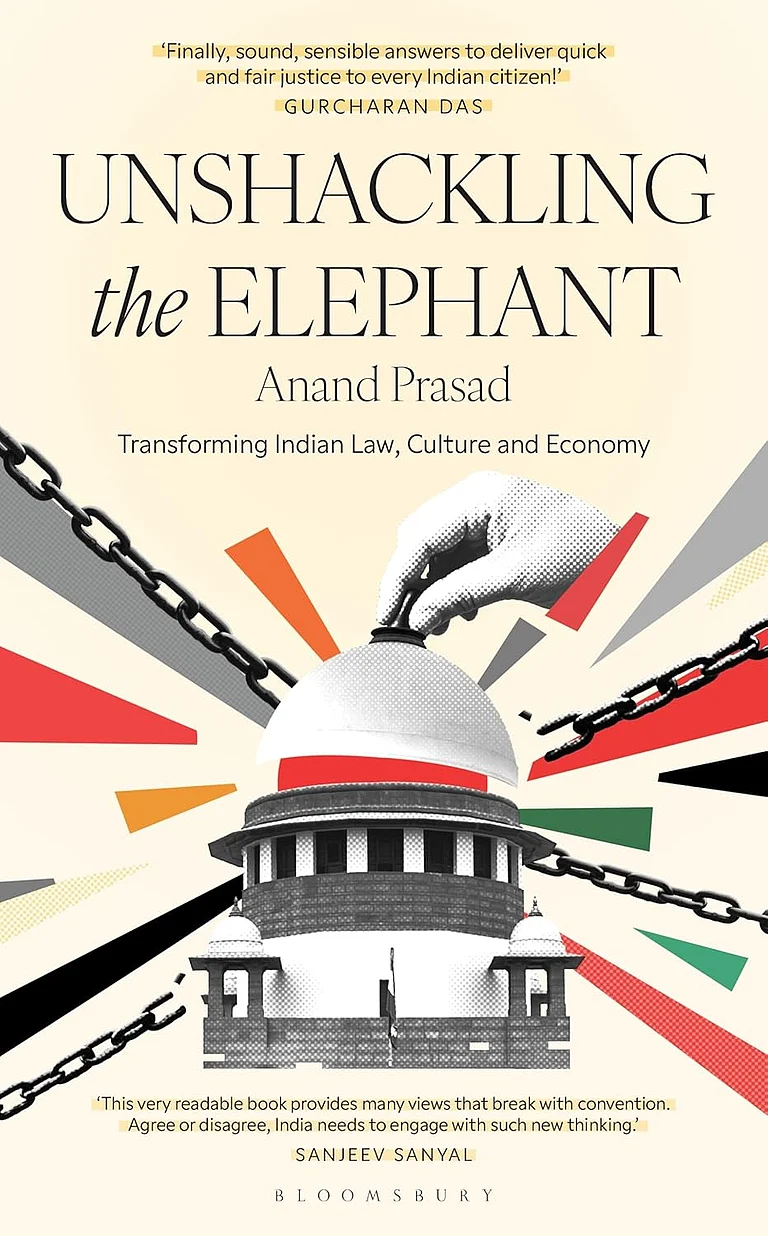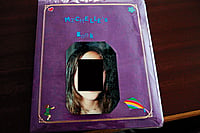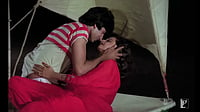“All our problems started when we stopped squatting on the toilet”, my ammini (grandmother) used to say. At that time we laughed, even scoffed, coz we were happy on our newly acquired shiny porcelain pots which also enabled us to read the newspaper or a book, or later, check social media on our mobile phones.
But now when I find the joys of malaasana in my yoga class and my teacher says, “those who can, please do; the rest can try a variation,” I feel proud about the fact that the first 20 years of my life were spent squatting, and it remains a muscle memory. What ammini didn’t tell me is that loss of cultural authenticity is the road to slow bankruptcy.
From “must haves” to “order now”, our world has normalised consumption as a marker of self-care and identity. Bhawana Pingali's book, The Art of Decluttering, challenges this mindset by inviting us to live intentionally, make mindful choices, and reflect on ancient practices that nurture both the body and the soul without excess. Drawing from her deep understanding of traditional Indian rituals and sustainable living, the book offers practical tools and heartfelt reflections that encourage readers to reassess what clutters their life and what adds value to it.
Part philosophy and part cultural and craft archive, the book offers a refreshing perspective on minimalism, combining traditional Indian rituals with contemporary wellness practices. There is no shaming of materialism or consumption here, no performativeness of the letting go. There are no hacks for practical tidying or “how to discard items”, rather a deep dive into the way we were. Long before Marie Kondo taught us how to declutter our wardrobe and keep items that sparked joy, Indian homes had their own time-tested rituals and traditions. Call it naani ke nuske or ancient traditions, some of these rituals are detailed in this book with a lot of research, interviews and modern insights on each. May be this is probably our own “looking inward.” , the opposite of shaming or being made to feel “less than” for our material excesses.
Decluttering here is not a physical letting go, but a looking at things with new eyes, a new kind of intimacy, allowing us to inhabit our own spaces in a new way, instead of radically transforming them. Play, curiosity and sensory perception are at the heart of Pingali’s story telling – whether she takes you through the diary of a squat toilet or a cloth pad or a mustard filled pillow, or drawing a kolam or burning incense or the art of visible mending or coalescence of fabric through the ancient community art of making godadis or razais. Can these customs or rituals serve as tools to “declutter” our overloaded senses, she wonders. What if decluttering is not about getting rid of ”stuff” or objects, but finding new ways of seeing, perhaps looking within, even looking back at the way we were? Have we misunderstood the whole paradigm of decluttering, or understood it in a merely superficial way? Is the modern idea of minimalism only about ‘stuff”?
In a world of reels and shorts and other tools for instant gratification, Pingali offers a slow, sensorial journey (and warns you that it is not an easy, quick read, rather something that you can only savour a little at a time), which is why it took me two weeks to finish the book. It is not a book about ‘doing’ but about stillness.
Pingali doesn’t tell you what to do or give you hacks on decluttering, rather she nudges you to a different sensibility. In an approach that is quiet, yet radical, she invites us to reconnect with our past, with traditions we already know but have chosen to forget. But for this level of tenderness in looking at the past, we have get logic and intellectual arrogance out of the way. May be returning to our small-town childhood innocence doesn’t always come at the cost of our big-city present. “…maybe we are meant to be in this state of movement, growth, vulnerability, brokenness, incompleteness, change and curiosity,” says Bhawana.




